Winning goals: pursuing a degree and a career in science
Meet the Department Research and impact The next step 3 September 2020
In this blog post Dr Nick Marsden, Experimental Officer for the Department of Earth and Environmental Sciences, discusses his background and how this led to an academic and professional career in industry and research. Nick’s story showcases the ways that talent, ambition, education and industrial experience can result in a successful science career which really makes a difference.
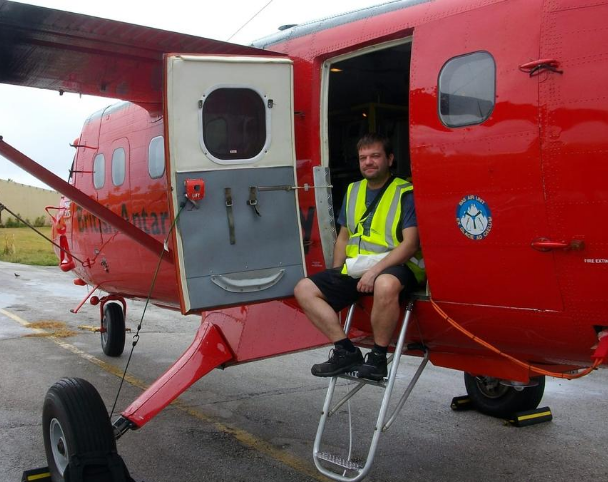
It’s easy to think that attending university is not for you, but we caught up with Dr Nick Marsden to discover how he achieved his goal and has built a career in Science!
Nick grew up in Wythenshawe, in the same neighbourhood as Marcus Rashford, the football star recently awarded an honorary doctorate by the University of Manchester for his campaign against child poverty. Whilst many dream of a high-profile career as a footballer or even a professional gamer or social media influencer, Nick wanted to be a scientist, but with a lack of relatable role models it seemed as far-fetched as being part of a team winning the premier league!
However, Nick has achieved his goal and now has a degree and a PhD and works as an Experimental Officer at the Department of Earth and Environmental Sciences, which means he gets to travel the world supporting cutting edge research in air quality and climate change. We hope that sharing Nick’s story will convince others from a similar background that they too can achieve their goals.
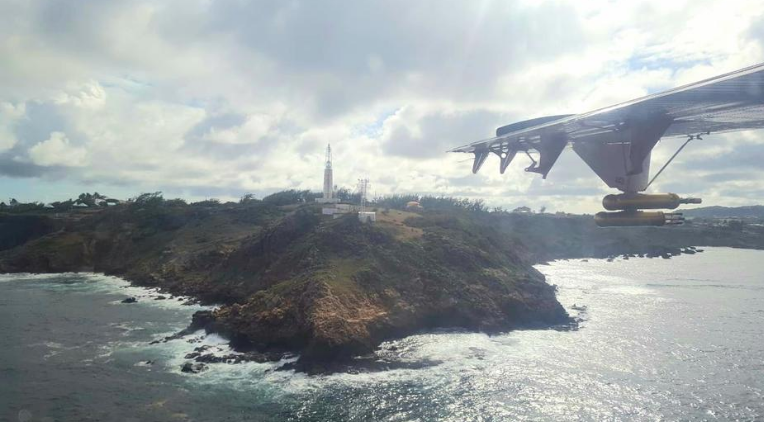
Nick grew up and attended high school in Wythenshawe, South Manchester, in a family that relied on benefits to get by and, like many of his friends and 1.3 million children in the UK today, was the beneficiary of the free school meals that Rashford has championed in his recent campaign. At school Nick had a natural talent for science but his ambition to pursue his studies in this direction was often seen as an uncool by other students. He was the first in his family to go on and study A levels. He studied Geology, Maths and Physics at Xaverian College, Rusholme, almost next door to the University. His College recognised his potential and encouraged his application to University, and as such, Nick made his UCAS selections with the intention of studying close to home and family. He secured a place at UoM to study BSc (Hons) Geology at the Department of Earth and Environmental Sciences and was awarded his undergraduate degree in 1997. With no facilities to study at home, Nick embraced student life and lived in Halls of Residence during his time at University (working part time and taking full advantage of Student Finance loans and grants to enable him to do this), whilst still being close to friends and family. After achieving his undergraduate degree, Nick went on to work in industry, and it was some time before he eventually returned to UoM to study for a PhD in September 2013.
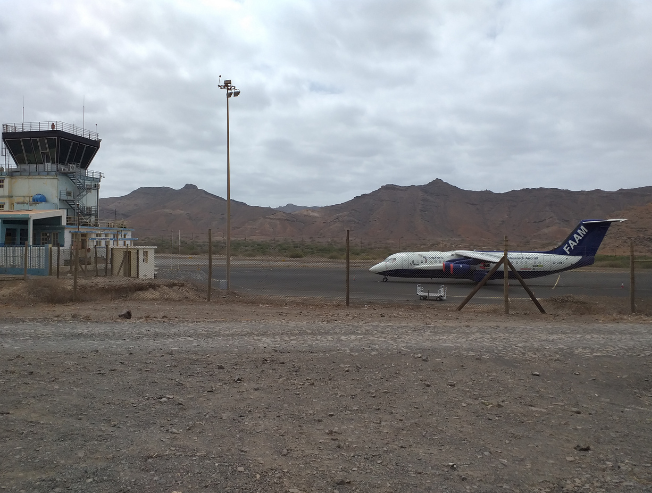
Nick’s first job after graduating with a BSc in Geology was as a Logging Engineer in Aberdeen where he was responsible for the operation of instruments on several offshore drilling platforms. This technical experience led him to an exciting career in mass spectrometry, an analytical technique for the measurement of elemental and molecular composition. During this time he travelled much of North America, Europe and the Far East as he became a technical expert in the development and service of mass spectrometers, principally in the life sciences and biotechnology sectors.
After 15 years in industry, Nick felt ready to pursue a long-held ambition to obtain a PhD, something he had felt unprepared for immediately after his undergraduate studies. He returned to UoM to study in late 2013 and was awarded his PhD in Atmospheric Science in July 2017, with a thesis entitled ‘Development of a laser ablation time of flight mass spectrometer for the measurement of mineral dust’. The scope of the thesis allowed Nick to apply his previously gained technical skills to develop an instrument used in climate change research. Leaving industry and returning to academia was a big decision for Nick and his family. Swapping the stresses of industry for academia might seem easy but as Nick discovered working for a PhD is as challenging as it is rewarding. Having a PhD enabled him to continue his journey with the Department as a Research Associate, making an aircraft compatible version of the instrument, and then on to his current role as an Experimental Officer.

As an active member of the Atmospheric Science research group at the University of Manchester, Nick provides technical support for several important research projects including the Manchester Air Quality Supersite (MAQS) and the Facility for Airborne Atmospheric Measurements (FAAM), the UK research aircraft that is used extensively by the Atmospheric Science group in climate studies from the Arctic Circle to Central Africa. This year, Nick participated in EUREC4A campaign, a multinational project which ‘aims at advancing understanding of the interplay between clouds, convection and circulation and their role in climate change’. This month-long campaign was based out of the Caribbean Island of Barbados and involved several ships, aircraft and satellites in one of the largest and most complex deployments of climate measurement technology to date.
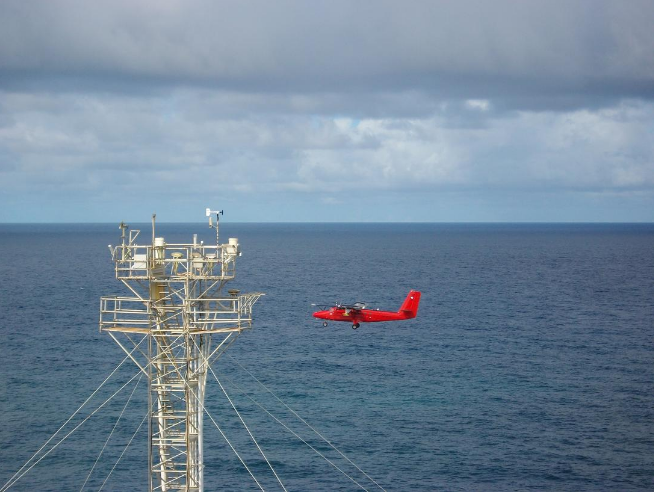
Rashford’s award is commendable, but Nick’s story highlights that higher education can be accessible to all. From free school meals to doctorate, oil drilling to climate change, industry to academia, if you have the talent and drive to apply yourself to a science degree nothing should stop you from exploring the world, and this message needs to be spread far and wide.
Ways in which the University of Manchester operates widening participation in terms of activities and admissions include contextual offers, the Manchester Access Programme and the Manchester Distance Access Scheme. Follow the links to find out more and check your eligibility.
For an overview of Nick’s work, visit his UoM research profile.

Atmospheric sciencebiotechnologyClimate scienceGeologylife sciencesManchester Access ProgrammeManchester Distance Access Schememass spectrometrypostgraduate Studyundergraduate study



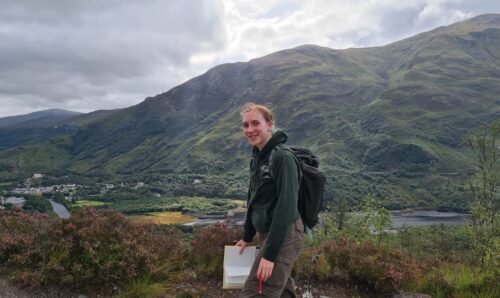
Leave a Reply